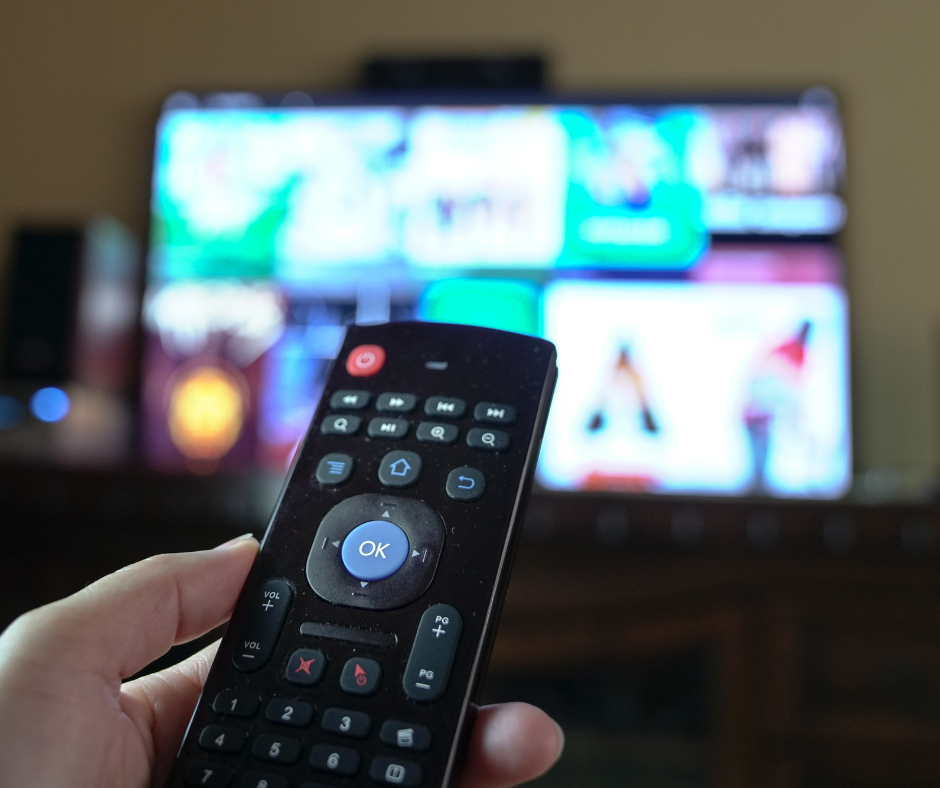When Netflix was founded in 1997, it was the most prominent new thing making a name for itself as a DVD rental company. And now, 24 years later, it has taken the world by storm by becoming the go-to service for millions. It can provide its customers with an extensive, extraordinary media library consisting of high-selling blockbusters and original titles for one reasonable price. The best part? They can be viewed on various devices from essentially anywhere in the world, and you do not even have to leave the comfort of your house.
The features of Netflix are those that people have praised for not also accessible but also extremely easy to navigate. A double-edged sword: that is what the perfect streaming service can also act as. High-quality digital media on one side and Netflix addiction on the other.
Want to watch some action? Just go ahead and click the action genre button. Do you have a favorite movie but do not want to watch it again? Go ahead and click the “more like this” section. With all these impressive features, what could go wrong?
What Netflix Addiction is:
To fully understand what Netflix addiction is, you need to look at what happens during the entire process of viewing. Before, during, and after. The key to understanding the addiction is the thoughts, feelings, and actions that drive the addictive timeline and the consequences of your viewing.
According to Dr. Renee Carr, Psy.D, people who binge-watch TV shows do so because, well, they are addicted. “When binge-watching your favorite show, your brain is continually producing dopamine, and your body experiences a drug-like high,” Carr explained to NBC News. She continued, saying, “You experience a pseudo-addiction to the show because you develop cravings for dopamine.”
However, much like an addiction to drugs, an addiction to TV can wreak havoc on your relationships. As psychologist Dr. Judy Rosenberg told NBC News, “We are wired to connect, and when we disconnect from humans and over-connect to TV at the cost of human connection, eventually we will ‘starve to death emotionally.” (Erskine, 2021)
Some questions to reflect on when you are thinking about Netflix addiction are:
Before watching.
- Do you feel compelled to watch Netflix?
- How would you feel if you could not gain access to Netflix for 24 hours?
- Do you find yourself watching more when you are highly stressed or dealing with powerful emotions?
- What is the level of satisfaction that you feel in your life as a whole?
When watching:
- Do you lose track of time when you are streaming media?
- If a family member interrupted you, would you become angry or upset?
- Would you consider Netflix to be an essential thing in your daily life?
- Do you tend to continue to watch even if the content is not very enjoyable?
After watching:
- Have you become more isolated since you have become invested in streaming?
- Do you ever ask yourself if you are watching too much?
- Have you tried to set boundaries about the time you spend watching Netflix?
- Is it hard to enjoy quality time with others?

Effects of Netflix Addiction:
Are You Still Watching?
According to reports, teens, adults, and even children are impacted by the “Netflix Effect.” The disadvantages for teens who binge-watch television include slipping grades, being late to work or class, not going outside to be active, thereby gaining weight, and closing themselves off from having a social life. (Kelson, 2017)
“Our brains code all experiences, be it watched on TV, experienced live, read in a book or imagined, as ‘real’ memories,” explains Gayani DeSilva, M.D., a psychiatrist at Laguna Family Health Center in California. “So, when watching a TV program, the areas of the brain that are activated are the same as when experiencing a live event. We get drawn into storylines, become attached to characters, and genuinely care about outcomes of conflicts.” (Page, 2017)
Statistics about Netflix Usage:
In a study done by the University of Toledo, out of the 408 participants, 142 (35%) identified themselves as “binge-watchers.” Most participants (77%) reported watching TV for 2 hours or more on average per day without any break during the past week. Participants who self-identified as “binge-watchers” reported a significantly higher consecutive number of hours spent watching TV per day in a week. This group reported higher levels of stress, anxiety, and depression than those who were not binge-watchers. (Viewing Patterns and Addiction to Television among Adults Who Self-Identify as Binge-Watchers, 2017)
The most interesting Netflix statistics that we have found are:
- Netflix currently has 203.66 million subscribers.
- Subscribers spend an average of 3.2 hours per day streaming content.
- The mobile app for Netflix was downloaded 19 million times in January 2021.
- In the 12 months, subscribers have grown by almost 22%.
- From 2019 to 2020, the revenue for Netflix grew by 24%.
Help for Netflix Addiction:
A treatment program that works with behavioral addictions is recommended for people who feel powerless against their Netflix addiction and are starting to experience disruptions in their health and well-being. These programs will help use cognitive behavioral therapy and incorporate a digital detox, healthy sleep pattern, exercise, and nutrition. All these things combined create an environment that promotes enormous healing.
Here at Omega Recovery, we take screen addiction just as seriously as any other addiction. However, we understand that Netflix screen addiction can mask other mental health issues, painful trauma, or unresolved memories.
The recovering screen client gets the full clinical impact of an inpatient program in a much more comfortable, non-institutional alternative to traditional inpatient treatment.
We must understand that while we live in a society where streaming entertainment will always be available 24 hours a day, we do not have to become a victim to that double-ended sword.
If you or your loved one is struggling with Netflix addiction or screen addiction, contact us today. At (512) 601-5407 or send us an e-mail at intake@omegarecovery.org.
Want to continue to read more about Netflix/screen addiction and how Omega Recovery can help? Visit us at: Screen Addiction Treatment.







